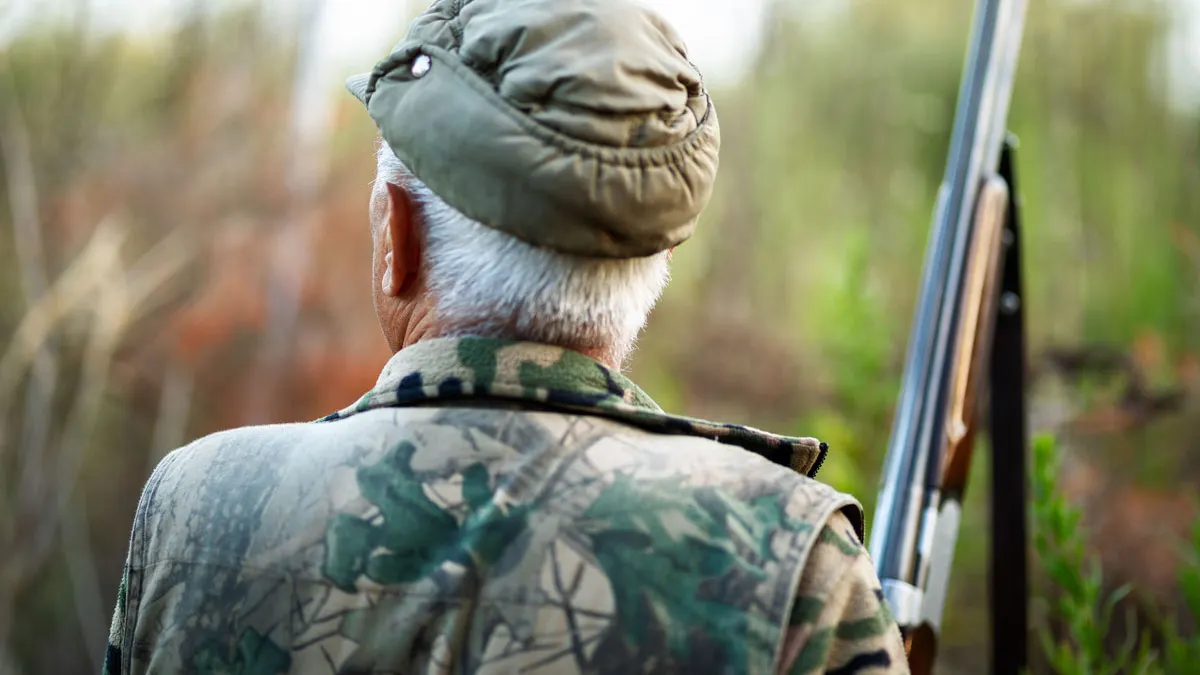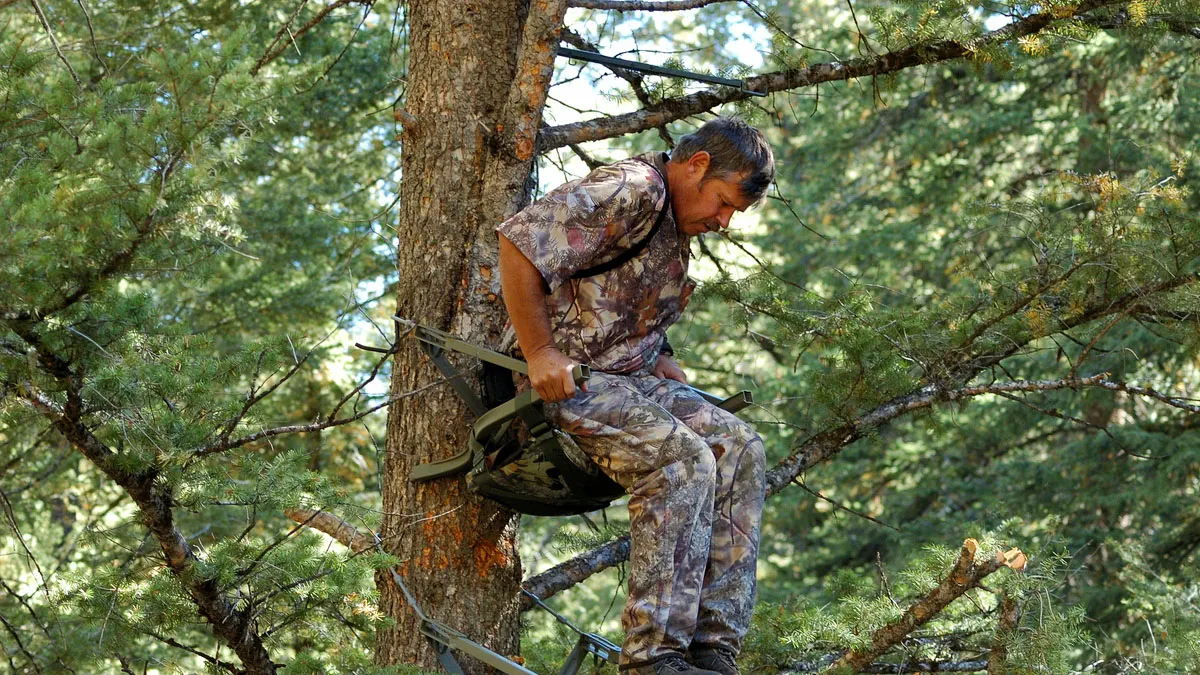At least three deer hunters in Michigan have died from heart attacks this hunting season, according to local reports.
The three men, who were located in Arenac and Tuscola counties, were ages 57, 65 and 83, the report stated.
Two of the men were said to be hauling away heavy deer when they experienced cardiac arrest.
JUST 5 MINUTES OF EXERCISE COULD REDUCE HIGH BLOOD PRESSURE, STUDY FINDS
Michigan’s firearm deer hunting season began on Nov. 15 and runs through Nov. 30, according to the state’s Department of Natural Resources (DNR).
Deer hunting is known to be a potentially dangerous activity for people with heart conditions, according to Dr. Bradley Serwer, a cardiologist and chief medical officer at VitalSolution, a Cincinnati-based company that offers cardiovascular and anesthesiology services to hospitals nationwide.

"The act of deer hunting typically involves hiking to a tree stand or blind, waiting in the cold for hours and then dealing with a sudden surge of adrenaline when a deer is spotted," he told Fox News Digital.
"Once a hunter hits the deer, they have to track the deer, often for a long distance over rugged terrain," he continued.
AFTER SUFFERING HEART ATTACK ON TREADMILL, UTAH MOM ISSUES WARNING: ‘LISTEN TO YOUR BODY’
"When the deer is found, it must be transported back to a vehicle. This typically involves dragging a 100- to 200-pound animal over varied terrain."
Prolonged exposure to the cold is a primary risk, Serwer warned, as it can raise blood pressure and cause constriction of the blood vessels in the arms and legs.
"Cold exposure increases the risk of abnormal heart rhythms, particularly ventricular arrhythmias that can cause sudden cardiac arrest," he said.

"The cold exposure also increases the risk of developing deep vein thrombosis, which can then cause pulmonary embolisms."
The "sudden surge of adrenaline" when the deer is sighted and shot can also increase the risk of ventricular arrhythmias and sudden cardiac death, the doctor added.
"Strenuous hiking also places a strain on the cardiovascular system," Serwer said. "If the hunter is not in good shape, this strain may be too much to bear."
TO SIGN UP FOR OUR HEALTH NEWSLETTER
Dragging the deer to the vehicle is also a "very strenuous amount of work," he cautioned, which can lead to overheating and strain.
Serwer offers the following health tips to reduce cardiac risk when hunting.
"Stay in shape at baseline so that your body is better equipped to deal with the workload required to track and drag the deer," he advised.
"Stay hydrated, avoid alcohol and tobacco, and dress appropriately," Serwer recommended. It’s also best to dress in layers to better handle changing temperatures and activity levels.

Carry a phone to ask for help if needed, and ensure that someone knows where you are and when they should expect you back, the doctor suggested.
For more Health articles, visit www.foxnews.com/health
"Don’t forget to take your medications prior to hunting, especially aspirin if it is prescribed," Serwer said.
If possible, experts recommend hunting with a partner who can help with transporting the deer.
Fox News Digital reached out to the Michigan DNR for comment.
Heart health is crucial for overall well-being. Learn how to keep your heart healthy with these simple lifestyle changes, expert tips, and the latest medical advancements.